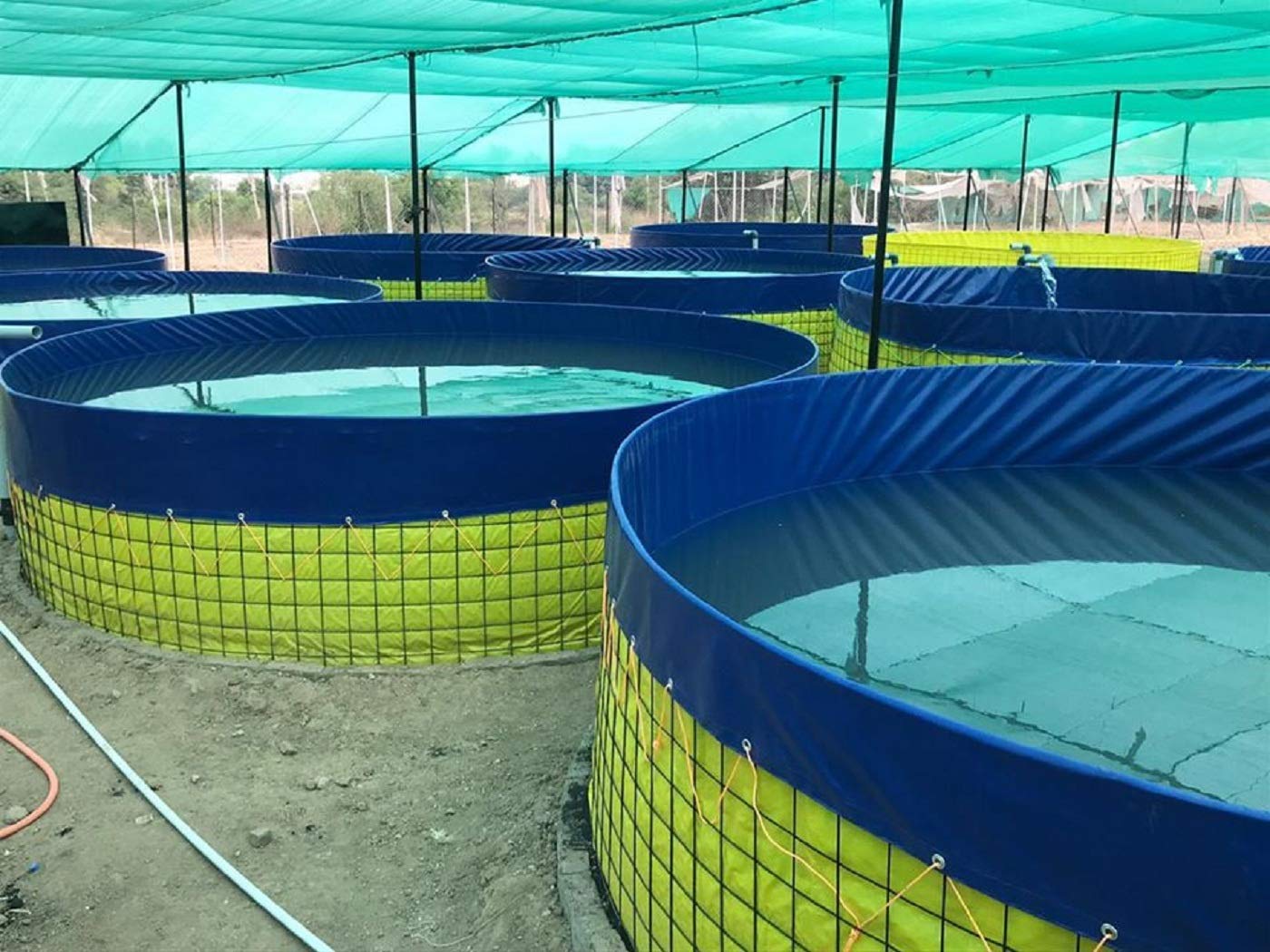
BioFloc Farming Delhi

BIOFLOC farming IN Delhi
The government of Delhi has launched several schemes and initiatives to promote sustainable aquaculture practices, including biofloc fish farming. The Delhi government recognizes the potential of this technique to improve the productivity and profitability of fish farming while also reducing the environmental impact.
One of the schemes launched by the Delhi government is the "Matsya Sampada Yojana." This scheme aims to increase fish production in the state by promoting sustainable aquaculture practices. Under this scheme, the government provides financial assistance to farmers who want to adopt biofloc fish farming techniques.
The scheme provides financial assistance for the construction of biofloc fish farming units, purchase of necessary equipment and inputs, and technical guidance and training for farmers. The government also offers subsidies for the purchase of high-quality fish seeds and feeds.
The Matsya Sampada Yojana also encourages the formation of self-help groups and cooperatives among fish farmers. This helps to improve the bargaining power of farmers and enables them to access better markets and prices for their produce.
In addition to this scheme, the Delhi government has also launched the "Green Delhi" initiative, which aims to promote sustainable development and reduce the environmental impact of economic activities. The initiative promotes the use of renewable energy sources, waste reduction and recycling, and sustainable agriculture practices, including biofloc fish farming.
Conclusion
The government scheme for biofloc fish farming in Delhi provides an excellent opportunity for farmers to adopt sustainable aquaculture practices and increase their productivity and profitability. By providing financial assistance and technical guidance, the scheme encourages farmers to adopt this innovative technique and improve the quality and quantity of their fish production.
Biofloc fish farming has several advantages over traditional aquaculture methods, including improved water quality, reduced waste and pollution, and cost-effectiveness. With the government's support, this technique can be promoted and scaled up in Delhi and other parts of India, creating employment opportunities and improving the livelihoods of farmers while also promoting sustainable development.
